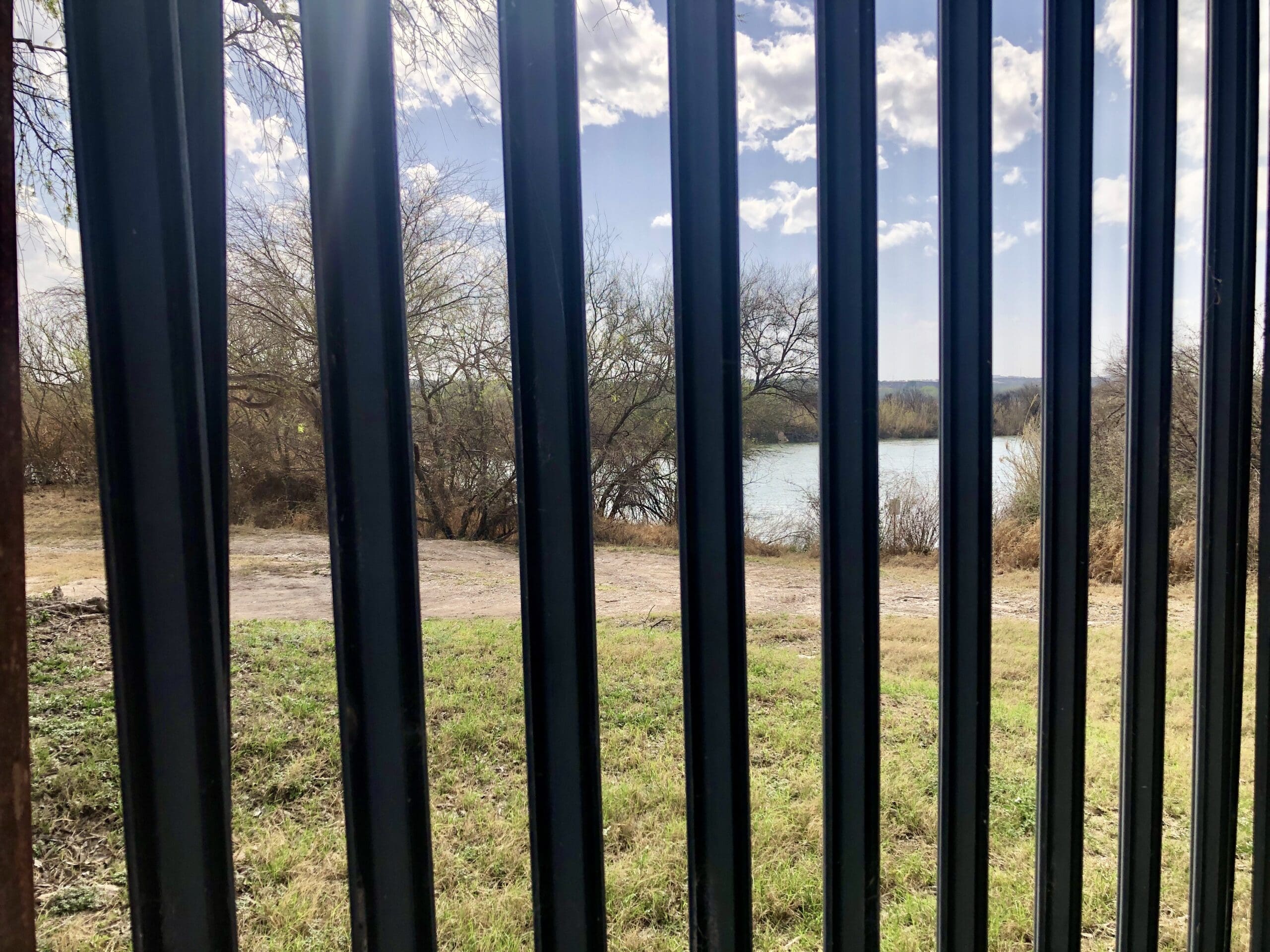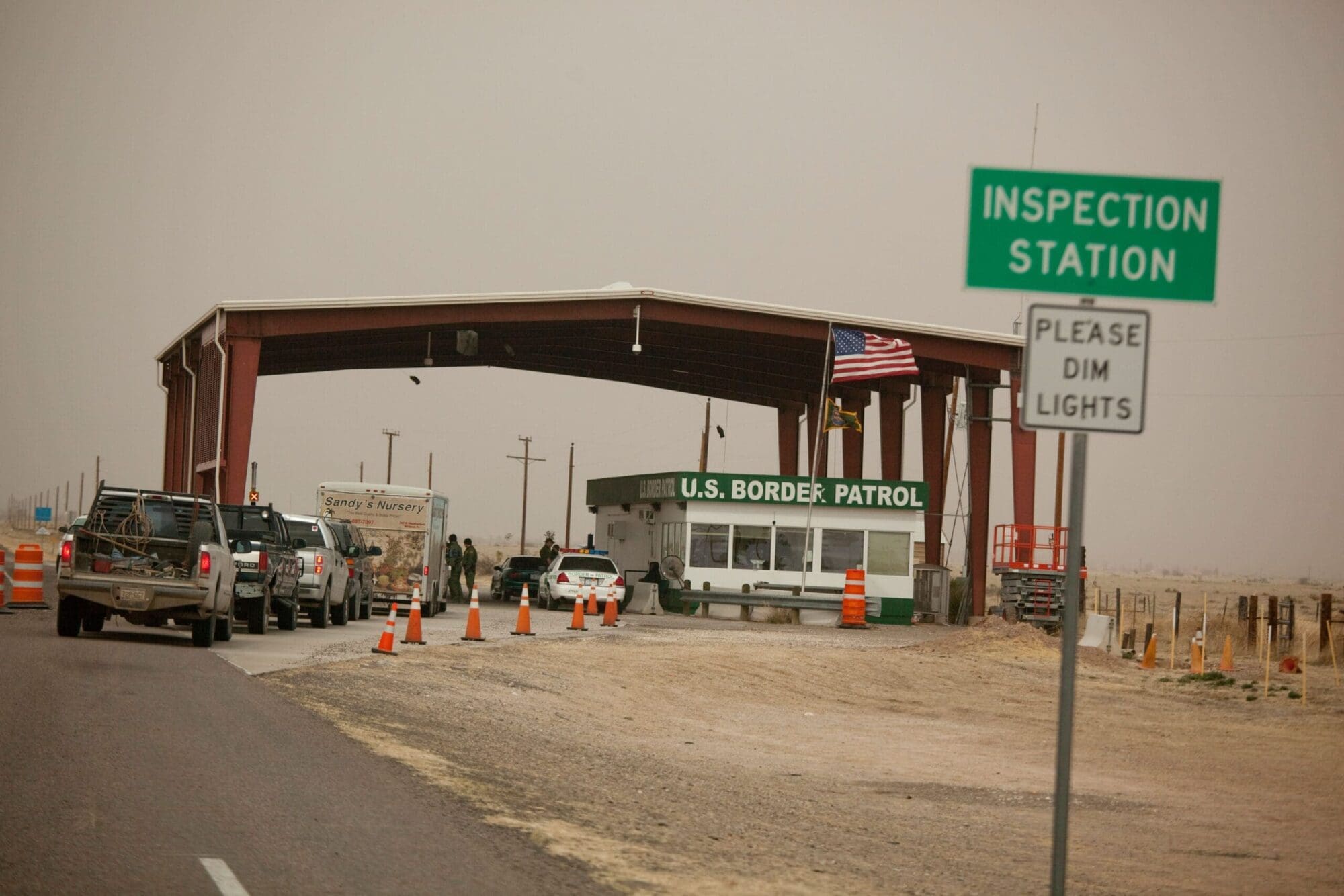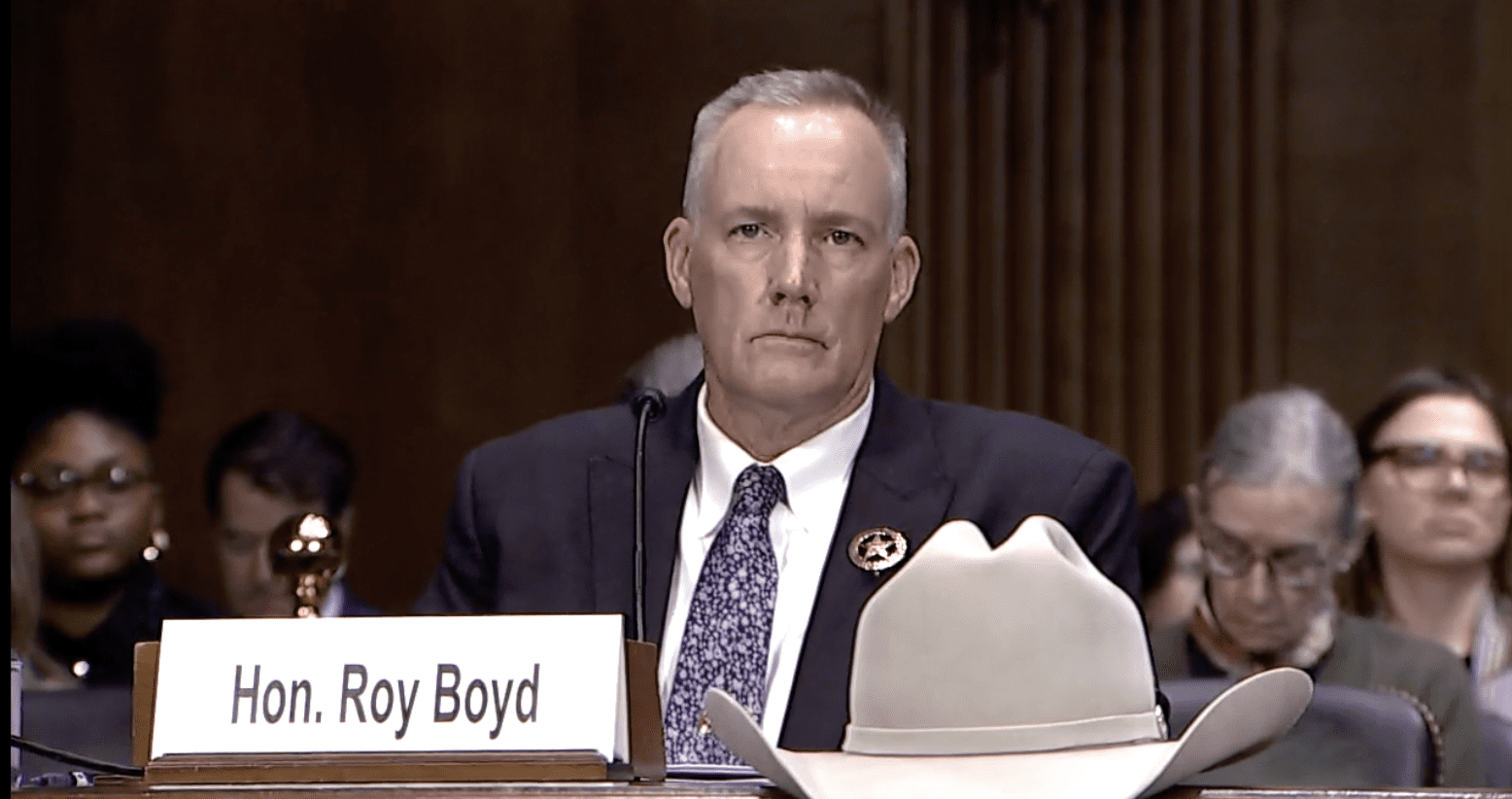Legislation establishing a multi-state border security compact is heading to Gov. Greg Abbott’s desk.
Clearing its final legislative hurdle on Tuesday, Senate Bill 1403 by State Sen. Tan Parker (R–Flower Mound) authorizes the governor to “develop and execute an interstate compact for border security among interested states.”
The same day, Gov. Greg Abbott issued an urgent request to the nation’s governors for their assistance in responding to the unprecedented border crisis exacerbated by the termination of Title 42. Twenty-four Republican governors expressed support for Abbott’s efforts, and those of Florida and Idaho announced they are sending National Guard soldiers and law enforcement personnel to Texas.
SB 1403 initially passed the Senate with a 26-5 vote on April 17, and it passed the House by a vote of 95-49 on May 10, but not before lawmakers in the lower chamber made a significant revision to the bill. The bill’s amended language directs the governor to establish an interstate compact by changing “shall” to “may,” removing the requirement to do so and making it optional instead. The Senate subsequently agreed to the amendment.
The legislation authorizes the governor to collaborate with other states on measures to increase border security by sharing intelligence and combining resources to combat illegal activity, specifically by constructing a physical or virtual barrier at the southern border.
Notably, it stipulates that “[i]t is the intent of the legislature that the compact … not require congressional approval” because it “may not increase the political power of the compacting states in relation to the federal government.”
During the bill’s committee hearing in the Senate, Parker said, “This agreement seeks to address the shortcomings of existing federal border policy by providing states with the resources needed to address the ongoing security crisis at the southern border.”
Most of the individuals registering an opinion on SB 1403 or its companion in the House (HB 82) objected to the proposal, but those who testified largely supported it.
Citizen activist Tom Glass said, “This is a way that we in Texas—we’re in dire straits—can go and get assistance in as expedited [a] fashion as possible.”
Kelly Perry, a resident of Kinney County and a member of the State Republican Executive Committee, said she believed “seven or eight” states are currently willing to join a border security compact with Texas. She also observed that “if we had already worked our way through this and had it out there, none of us would be where we are today with the border.”
Lawmakers in both the House and Senate focused particularly on the bill’s constitutionality, which the federal government will likely challenge, according to testimony provided by a representative from Attorney General Ken Paxton’s office.
Article I, Section 10, Clause 3 of the U.S. Constitution dictates that “[n]o State shall, without the consent of Congress … enter into any Agreement or Compact with another State, or with a foreign Power, or engage in War, unless actually invaded, or in such imminent Danger as will not admit of delay.”
State Sen. Brian Birdwell (R–Granbury), the chairman of the Senate Border Security Committee, said he was inclined to support the proposal but wanted to do so “without vacating my oath of supporting and defending the Constitution of the United States.”
Aaron Reitz, who was then Paxton’s deputy attorney general for legal strategy (and is now U.S. Sen. Ted Cruz‘ chief of staff), explained that according to Supreme Court precedent, an interstate compact does not need the consent of Congress as long as it does not “[infringe] on something that’s the prerogative of the feds” or “enlarge the state’s power vis a vis the feds.”
He pointed out that Texas is party to 34 interstate compacts, many of which have not been approved by Congress.
Birdwell also asked if other states would need to “declare an invasion” before they could join the compact.
Reitz said they wouldn’t, explaining, “There is no constitutional or common law or statutory requirement that the governor or legislature of any state declare an invasion before invoking Article I, Section 10, Clause 3.”
SB 1403 will become law after 10 days if Abbott does not sign it before then. It goes into effect September 1.





